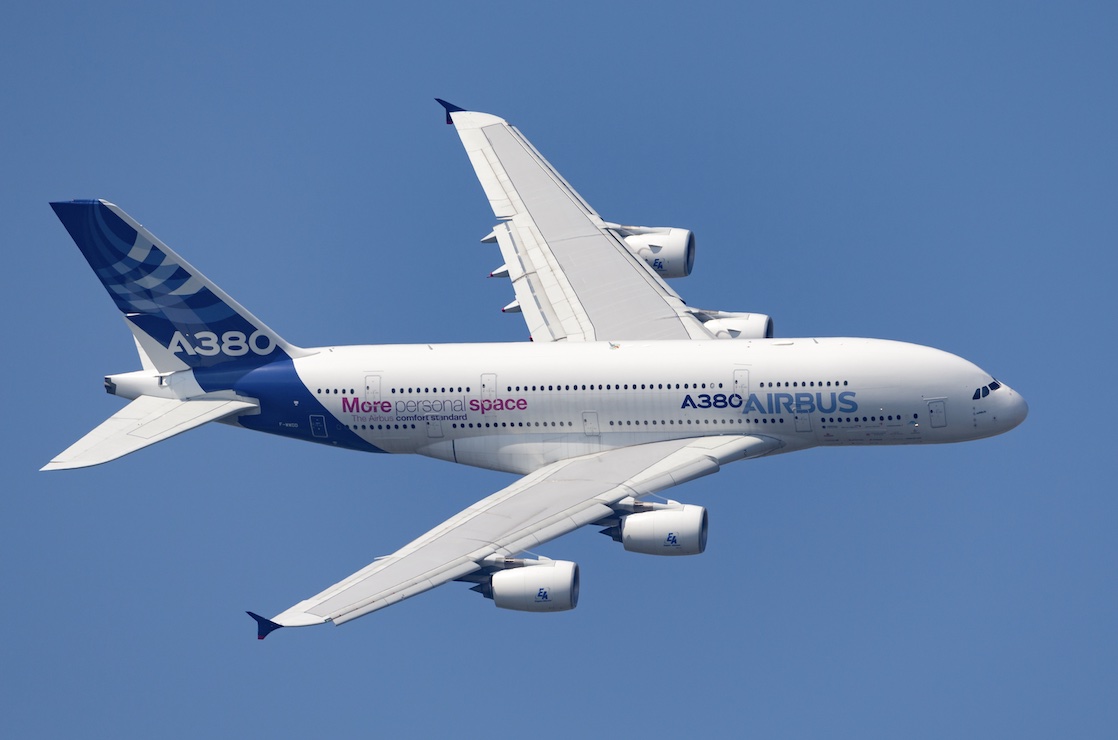|
In the latest testament to the American aviation giant’s ongoing troubles, emanating from years of mismanagement and fraud, deliveries of Boeing’s 737 MAX jets fell to the lowest level since August 2021 last month. Just 27 deliveries of all jet models were completed throughout all of September, less than half of the volume of its European counterpart Airbus, which delivered 55 jets throughout the month. Boeing has completed delivery of 371 planes from January to September 2023, but European rival Airbus has delivered 488 aircraft over the first nine months of the year. Even with a diminishing pace, Boeing should at least reach the lower end of its current plan to deliver 400 to 450 Max jets this year, but that range was a reduction from an initial target of 500 deliveries. That used to be a low bar for Boeing, having delivered 568 jets through just the first nine months of 2018.
Despite the slowdown in deliveries, September did mark somewhat of a milestone month for Boeing’s order book, as its commercial backlog increasing by more than 200 jets, reaching a total of 5,172 units. Boeing said September was the first month since December 2019 that its official backlog surpassed 5,000. Through September, Boeing has booked 724 net new orders in 2023, but that still trails Airbus, which has secured 71% more purchases in over the same period, logging a year-to-date total of 1,241 orders. Airbus has outperformed Boeing for several years now, in terms of orders, deliveries, and share price valuation.
Boeing will report Q3 earnings on October 25. Wall Street expectations, cited by Barron’s, suggest the company’s third-quarter sales should tally about $18.5 billion, down from the $20.0 billion expected just a few weeks ago. That would still be a 15% YoY increase on $16.0 billion worth of sales in Q3 2022, but the slowdown in the aviation manufacturer’s long and winding recovery continues to have negative implications for its market capitalization. Boeing shares slipped to their lowest level of 2023 early this month. Airbus has experienced a decaying of their revenues and profitability as well in recent quarters, likely due to supply chain issues, but the company has not seen nearly as much of a decline in its common stock since August.
Despite the growing backlog, the largest portion of Boeing’s order book is comprised of its 737 NG/MAX narrowbody jets. Though the MAX is still the company’s top-selling jet and likely to be define Boeing’s product line for many years to come, virtually all of the company’s underperformance since 2019 can be chalked up to issues they’ve had with the design and manufacturing of the MAX model, compounded by negligence and lacking oversight by executives. Over the course of several years, MRP has covered the fallout from two disastrous 2019 crashes of Boeing 737 MAX jets within a 5-month span, culminating in the death of all 346 passengers and airline crew on board each flight. We were quick to recognize the severity of this situation, despite Boeing’s attempts to downplay their planes’ issues.
At the outset of a global grounding of all 737 MAX jets, Boeing led investors and airlines to believe that a fix of the faulty MCAS software present in the jet, along with re-certification would come as soon as mid-May 2019. When no progress on re-certification was present by that June, MRP expressed skepticism about the simplicity of the repairs that would be needed, noting that, in addition to software problems, almost 150 parts inside the wings of 312 Boeing 737 jets were potentially defective and had to be replaced. On June 4, 2019, we initiated SHORT Aviation and Airlines themes (closed on January 8, 2020 and March 30, 2020, respectively), largely focused on Boeing and the fallout that would be felt by suppliers and commercial airline operators. It would take 20 months before the 737 MAX could be re-certified in the US on November 2020. Total direct costs to Boeing as a result of the MAX disasters were equivalent to more than $20 billion. To this day, the aviation manufacturer’s share price remains more than -41% below its price at the start of June 2019.
Though Boeing was able to escape more severe SEC scrutiny related to the 737 MAX debacle by paying a $200 million fine to settle civil charges claiming that it misled investors, along with a $2.5 billion Justice Department agreement that saved company executives from prosecution, the company has had to reckon with a myriad of other scandals – some of which were related to other jet models, including the 787 Dreamliner. Further issues with Boeing’s factory production was discovered last month, when Boeing and key supplier Spirit AeroSystems said they discovered improperly drilled fastener holes in the aft pressure bulkhead — which maintains pressure when planes are at cruising altitude – on the fuselages of some models of the 737 MAX. Though these defects are not likely to impact the safety of planes already in service, the delivery of a “significant number” of its MAX jets could be delayed because of questions about Spirit AeroSystems’ work on the fuselages. This discovery may be a contributing factor to the material slowdown in Boeing’s September deliveries.
|





Leave a Reply